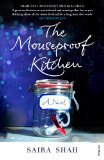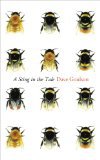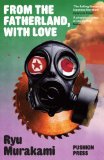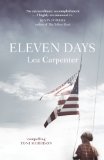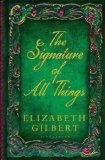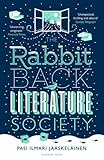 Translated from the Finnish by Lola M. Rogers
Translated from the Finnish by Lola M. Rogers
The Rabbit Back Literature Society is a book that I’d seen lots of praise for on Twitter so when I received an unsolicited review copy of the new paperback release I was interested to see if it would live up to the hype.
The beginning of the book was excellent and I was immediately intrigued by the strange story of books within a university library which began to change slightly, containing different plot elements to their original. The initial feel of the book reminded me of Mr Penumbra’s 24-Hour Bookstore, but unfortunately the plot changed into something more weird and unbelievable – containing many elements I struggled to enjoy.
There were hints of brilliance in this book, but the occasional excellent piece of writing only seemed to expose the ordinariness of the rest of the text. It’s hard to know if this was a result of the translation or whether the choppy text was present in the original Finnish version.
Ella found it difficult to stay away from papery dust of the library for any length of time. Even now, as she approached the place with the problematic Dostoevsky in her bag, she was overcome with the same veneration she’d felt as a child. She had been the kind of child you find in every library, lugging around stacks of books. Once, when she was sick in bed with pneumonia for two weeks, the librarian had called at her house to ask if everything was alright.
The central character was Ella and I found that she was well drawn, but the rest of the cast were vague in comparison and I often got them mixed up – a problem exacerbated by the large number of characters. As the book progressed I became frustrated by it. The plot became increasingly unrealistic and I didn’t care about what was happening to the characters. The introduction of “The Game” marked the start of my problems with the story and I’m afraid nothing failed to interest me as much as the initial chapter.
The large number of positive reviews from the science fiction & fantasy corner of the blogging world make me think this book is more suited to those who love that genre. I suspect I missed some of the references to other books in this cannon of literature and I didn’t enjoy the mystical elements as much as others. If you’re the sort of person who is happy to be led along strange paths, suspend your disbelief, and enjoy dark fable-like tales then this is for you.

.
The thoughts of other bloggers:
...an atmospheric story that’s hard to categorize. Books, Bones & Buffy
…an exploration of how stories can define us, and what it means if reality doesn’t measure up. Follow The Thread
A clever novel with an original plot but I did not find it as captivating as I had hoped. Orange Pekoe Reviews

